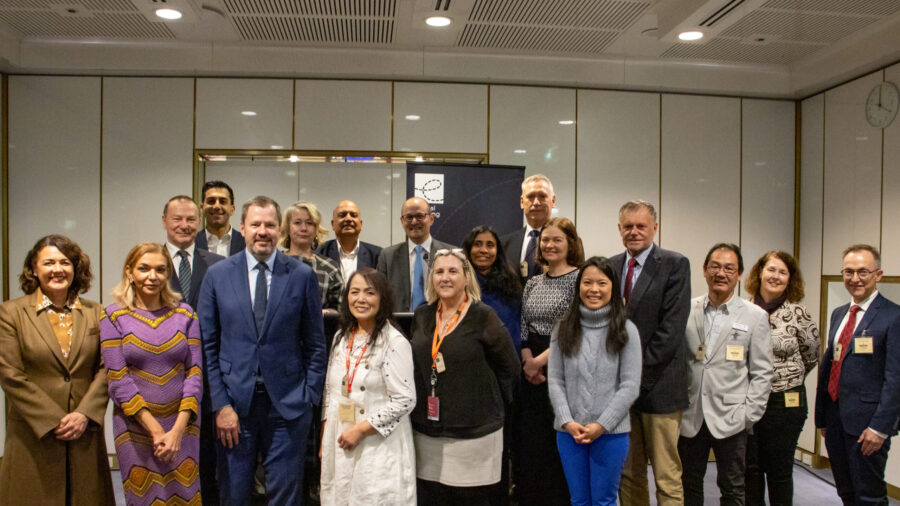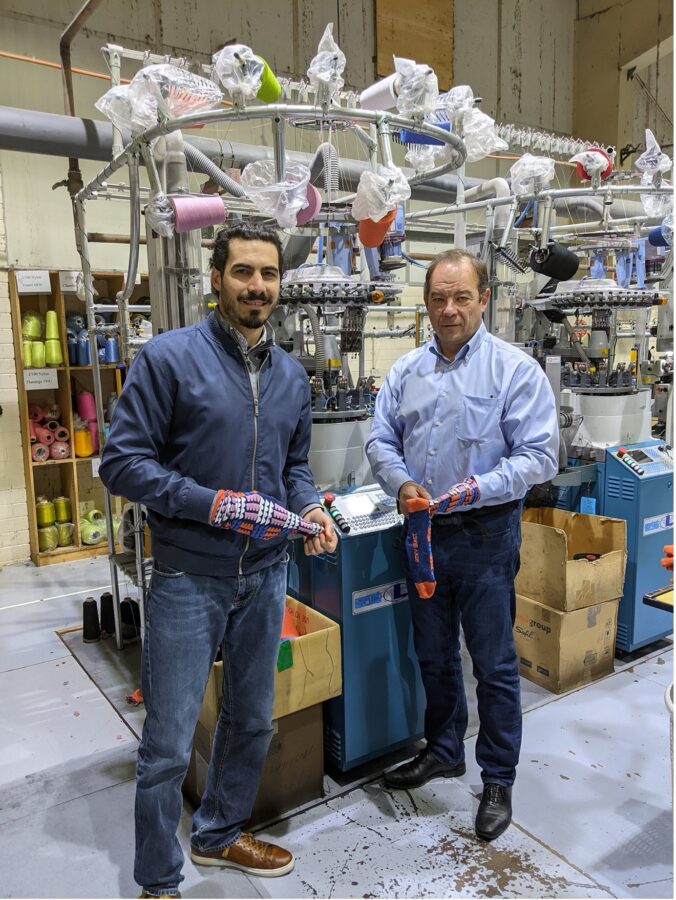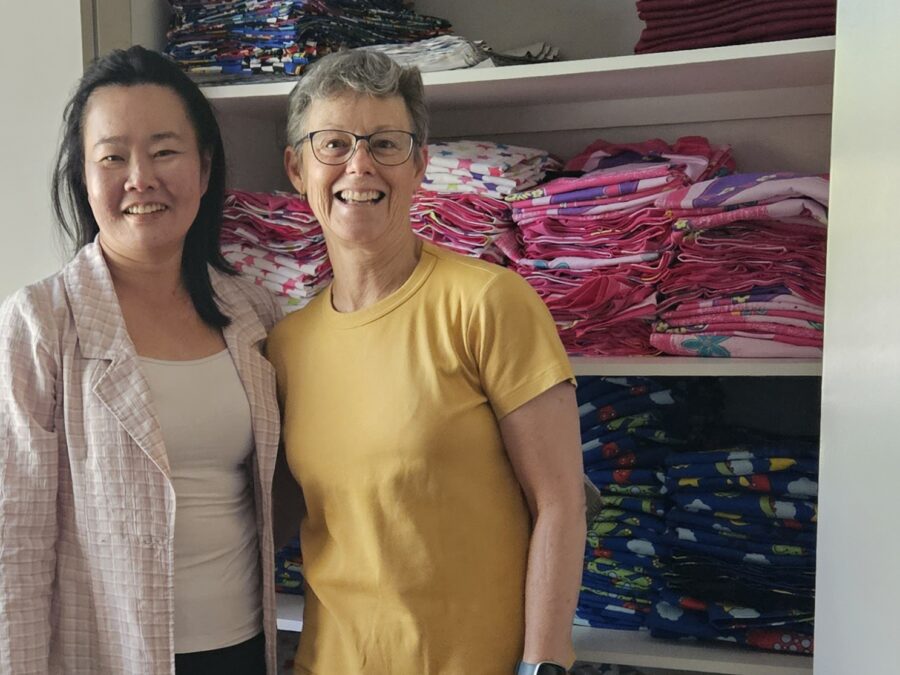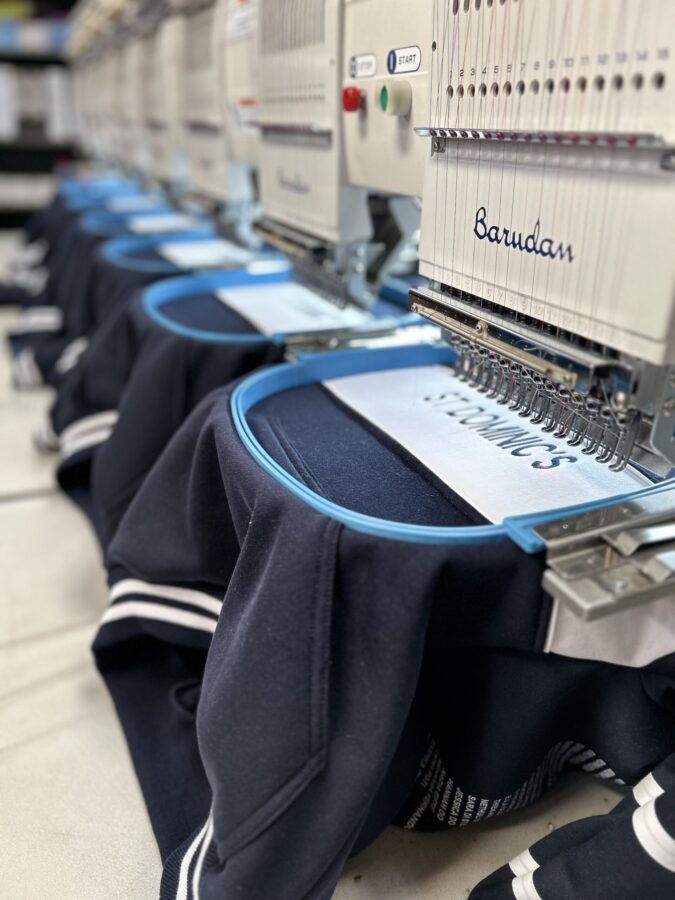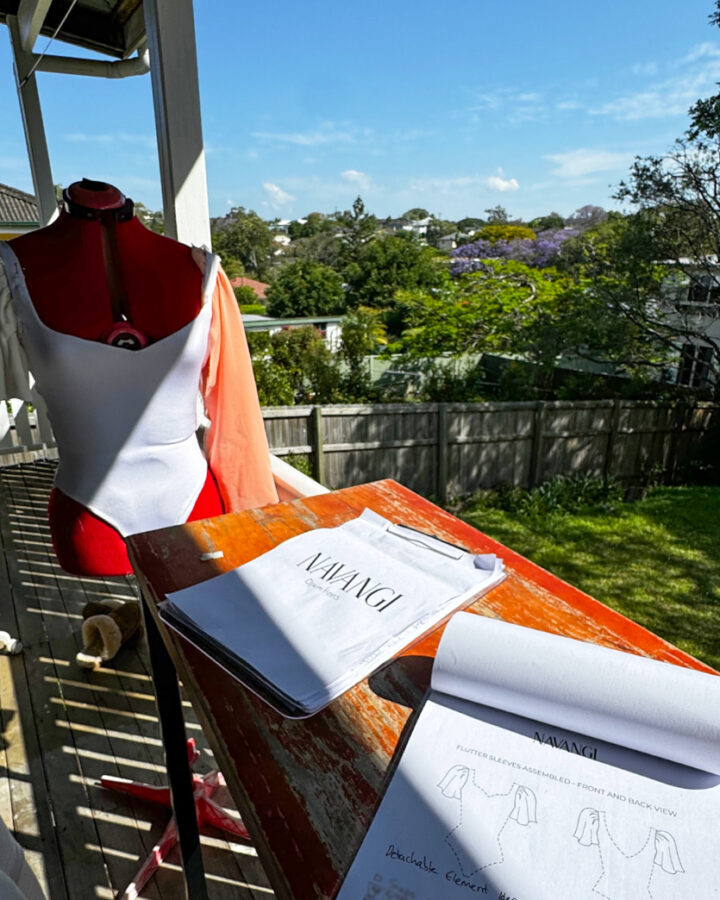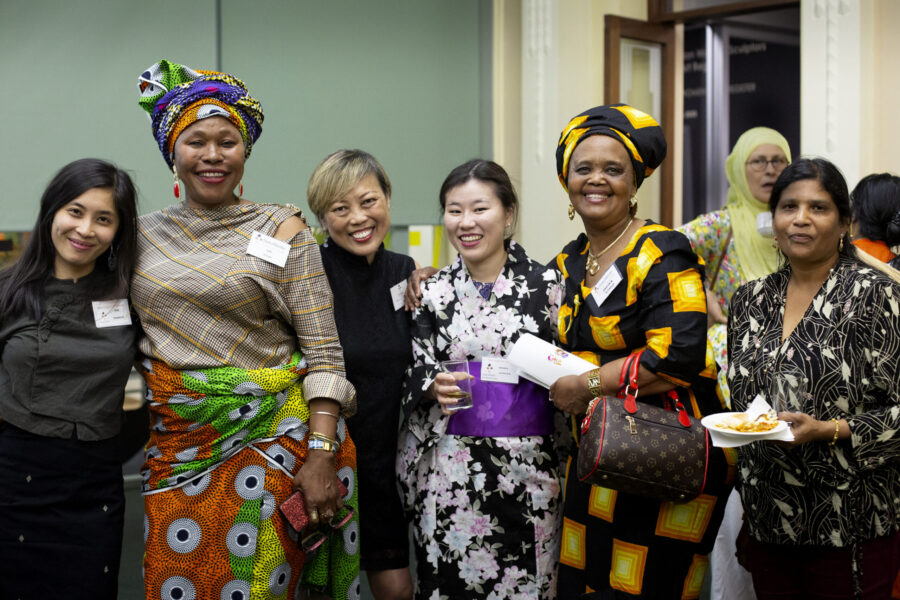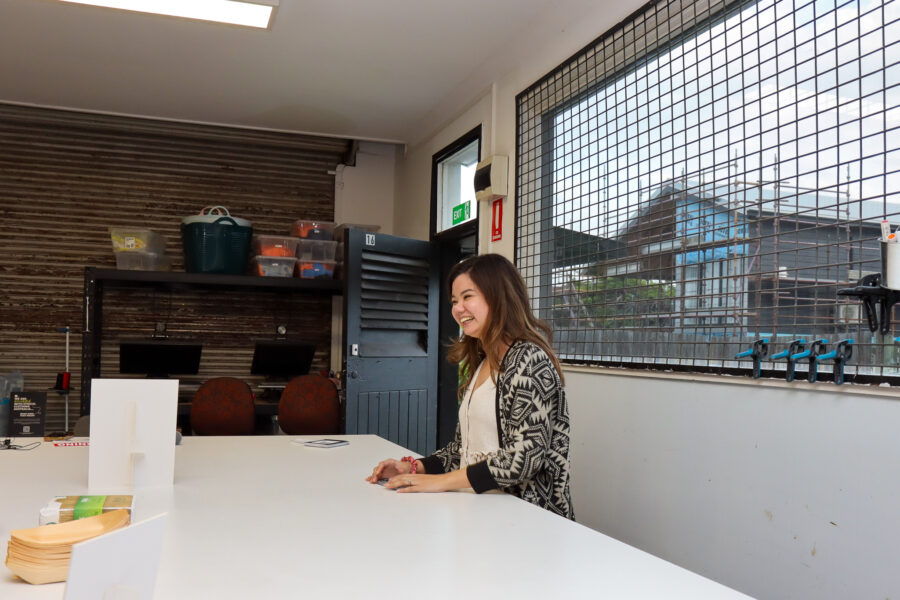Ethical Clothing Australia Urges NSW Government to Adopt Ethical Procurement Policy

Advocacy
Ethical Clothing Australia Urges NSW Government to Adopt Ethical Procurement Policy
On 3 July, the National Manager of Ethical Clothing Australia, Rachel Reilly, gave evidence to the Standing Committee on Social Issues at a public hearing on the Inquiry Into the Procurement Practices of Government Agencies in New South Wales and its Impact on the Social Development of the People of New South Wales.The Inquiry was established in October 2023 to investigate and report on the procurement practices of government agencies in New South Wales (NSW), and the impact on the social development of NSW residents.
In Ethical Clothing Australia’s submission, Ms Reilly made a strong recommendation for the implementation of an ethical and local procurement policy by the NSW Government. This policy would require that NSW Government uniforms and PPE be made in Australia, under ethical working conditions for local workers.
Ms Reilly spoke about the enormous purchasing power the NSW Government holds through procurement, and how this power could aid in addressing the challenges for the local TCF manufacturing industry. She also spoke to the broader social and economic outcomes of this kind of policy, which go beyond financial incentives.Through a policy such as this, we can recharge the local industry, support local business, all the while protecting the people who are making our clothes.
Rachel Reilly
“Australian TCF businesses who have made a commitment to manufacture all or some of their products locally are extraordinarily proud of this commitment, and so they should be. But times are tough. In part, the cause of this is decades of offshoring and current economic pressures,” said Ms Reilly.
“The consequence of this pressure has led to the loss of local manufacturing capabilities and skills shortages. We face an ageing workforce and the inability to compete with offshore manufacturing price points, which often engage exploitative labour practices which, as the Office of the NSW Anti-slavery Commissioner notes, distorts markets—a market distortion which has been sustained for close to half a century.”
Ms Reilly recommended the adoption of a similar system to the Victorian Procurement Policy. Under this policy, businesses must obtain an Ethical Clothing Australia accreditation to be entered onto the Ethical Supplier Register, allowing them to compete for tenders against other ethically accredited businesses currently manufacturing in Australia. Ms Reilly answered questions about the procurement policy in Victoria and provided her views on the strengths and weaknesses of this system.In order to address distorted markets, we need to protect the hardworking women and men who are locally making TCF products, such as uniforms and PPE, and elevate those businesses who have committed to doing the right thing.
Rachel Reilly
She also outlined how Ethical Clothing Australia’s accreditation program could help to mitigate modern slavery risks and assist in delivering the requirements of the Modern Slavery Act 2018 (NSW), which has a particular focus on government supply chains and procurement practices.
“Ethical Clothing Australia believes we can support the New South Wales Government to do this as we have a ready-made solution with the framework and subject matter expertise to deliver a program which provides strong labour market governance in the local TCF industry. In fact, our Code of Practice is already embedded into multiple legislative instruments specific to New South Wales and could be considered a co-regulatory framework.”
“By adopting a policy which mandates procurement of TCF products to be locally procured and a business tendering for a contract with the New South Wales Government to have Ethical Clothing Australia accreditation, the New South Wales Government incentivises businesses to become accredited and, in doing so, we can collectively ensure the rights of more garment workers in New South Wales are protected and respected and existing Australian workplace laws are adhered to.”
The hearing was chaired by The Hon. Dr Sarah Kaine and Ms Reilly received questions from Ms Abigail Boyd, The Hon. Anthony D’Adam and The Hon. Damien Tudehope. This included a question regarding free trade agreements from The Hon. Damien Tudehope, to which Ms Reilly responded:
Other witnesses included Ms Elizabeth Macpherson, National Comliance Officer, TCF Union, and Ms Alison Rudman, NSW Division Secretary, CFMEU Manufacturing.It’s not anti-competitive to provide a framework to make sure that workers’ rights are protected.
Rachel Reilly
You can watch the public hearing by clicking this link (0:02:37 – 00:48:17).
Ethical Clothing Australia recently submitted to the Inquiry into the New South Wales Ethical Clothing Extended Responsibilities Scheme 2005, read our article about that submission here. You can watch Ms Reilly give evidence at the public hearing here (1:45:00 – 2:30:00).
Related articles
Explore more insights, updates and stories from across Australia’s ethical and local manufacturing industry.

